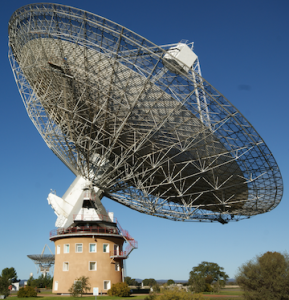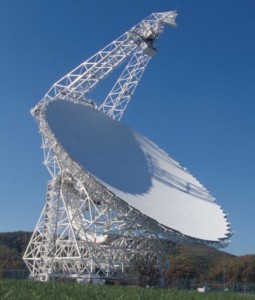Since my last post, I came across a couple of articles that put the significance of human reaction to finding alien civilizations more into focus.
It was a ‘tongue in cheek’ comment, but this topic is probably here to stay, or should I say we’re not about to put the ‘genie’ back in the bottle. In the previous posting I was mainly thinking of the consequences of our civilization entering into contact with an alien one. But we have to consider the consequences of what just the knowledge of the discovery of an existing alien civilization would have on ours, regardless of contact. That will translate into a major re-alignment of priorities, and would affect the lives of Earthlings in unexpected and dramatic ways.
What might go through the mind of the average person when confronted with the piece of information that we are not alone – and which in turn will spread like wild fire through the info sphere? As highly social animals, no one is immune. These information nuggets have a name: “memes”, a term coined by Richard Dawkins, that describe something that spreads within a culture, from a catchy phrase to an entire belief system (like a virus). Due to our thirst for information, we are particularly vulnerable to memes, and some could be highly destructive to our civilization, potentially wrecking it as effectively as any physical weapon. One of the ways to protect us from these memes is to build another kind of sphere or cage (see Dyson Sphere from my previous blog); this one is called a Faraday Cage which would filter information in and out. Read more about this in Nautilus Magazine.
Well, now that everyone is potentially pretty “freaked out”, here’s a nugget of information that will positively allow you to surrender to the fear of the aliens: Yuri Milner, a Russian entrepreneur, has pledged to give $100 million in the next ten years to SETI (Search for Extra Terrestrial Intelligence). This gift will allow SETI to develop new instruments, hire new astronomers/observers and allow for substantial observing time at major radio observatories (Green Bank in the U.S. and CSIRO Parkes* in Australia). And in the near future, the upcoming James Webb (successor to the Hubble) and the next-generation 30-meter telescope possess the ability to measure the atmospheric chemical composition of the nearest potential planets.
In a world divided by cultural and religious war and threatened by environmental issues, these potential “memes” and discoveries could play out in a variety of ways: they could make us reflect on the state of a world that would like to reach to the stars, but is anchored in conflict. Or it can trigger a panicked free-for-all, where every construct of our civilization is made futile and meaningless.
Either way, it will be transformational.
* This dish is the stage for a cool movie aptly named “The Dish”; it retraces the role that the CSIRO Parkes Observatory played during the flight of Apollo 11 in a smart comedy.

